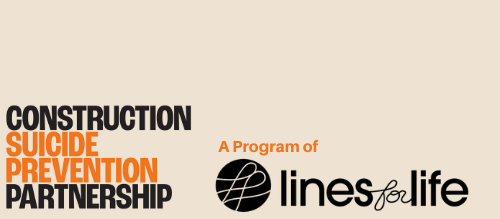The feeling of loneliness is ingrained in our human DNA. Loneliness can alert us when our social needs are not being met or when we need to slow down and reflect. As social creatures, loneliness is part of the human experience; and we all experience it in different ways. This feeling has been passed down to us. All cultures have rituals to build connections (e.g. playing sports, hanging with friends, or attending a religious ceremony), and cultural practices that find meaning and resilience in isolation and loneliness (e.g. solo adventures, reading a book, or meditating). Loneliness is neither inherently good nor bad, it is our mind and body’s way of signaling that we need to take action to improve our mindset or social situation to survive.
Today, we can isolate ourselves, and still survive. However, we have seen that the rise of technology, social media, and the social distancing experienced during COVID-19 can lead to feeling removed from one another. Loneliness doesn’t only exist in physical isolation. We may even feel lonely while surrounded by people—whether on a job site or at a party.
Loneliness also impacts our work in suicide prevention. One of the key feelings experienced by people facing suicidal ideation is loneliness. We often hear people expressing that no one understands them, or they may feel their pain burdens others, leading them to isolate themselves out of fear of being a burden. This, in turn, distorts loneliness into darkness and despair.
I frequently hear about the negative impact of loneliness from construction workers who feel that no one will be receptive or understanding of their struggles, and we know that in such cases, silence negatively impacts mental health. Sometimes, even just admitting to another person that we feel lonely can give us comfort and calm. Through my training around suicide prevention, I have learned that talking about suicidal thoughts can bring relief when someone finally acknowledges our pain.
We have created a new toolbox talk to generate conversations around loneliness. This toolbox shares ways for workers and their supervisors to build belongingness. I hope this resource starts a broader conversation about loneliness among our trade workers as it is a key element for effective suicide prevention. When we feel a sense of belonging, our physical health improves, our mental health improves, and our lives become more meaningful.
In addition to our growing library of Toolbox Talks, we’re also introducing a free virtual workshop this month on Essential Skills in Crisis De-Escalation. This training covers how to approach someone experiencing a crisis and practice regulation, relating, and reasoning with them. We will also discuss healthy coping strategies for handling stressful situations.
Register here, to join us on November 20th at 8 am!
